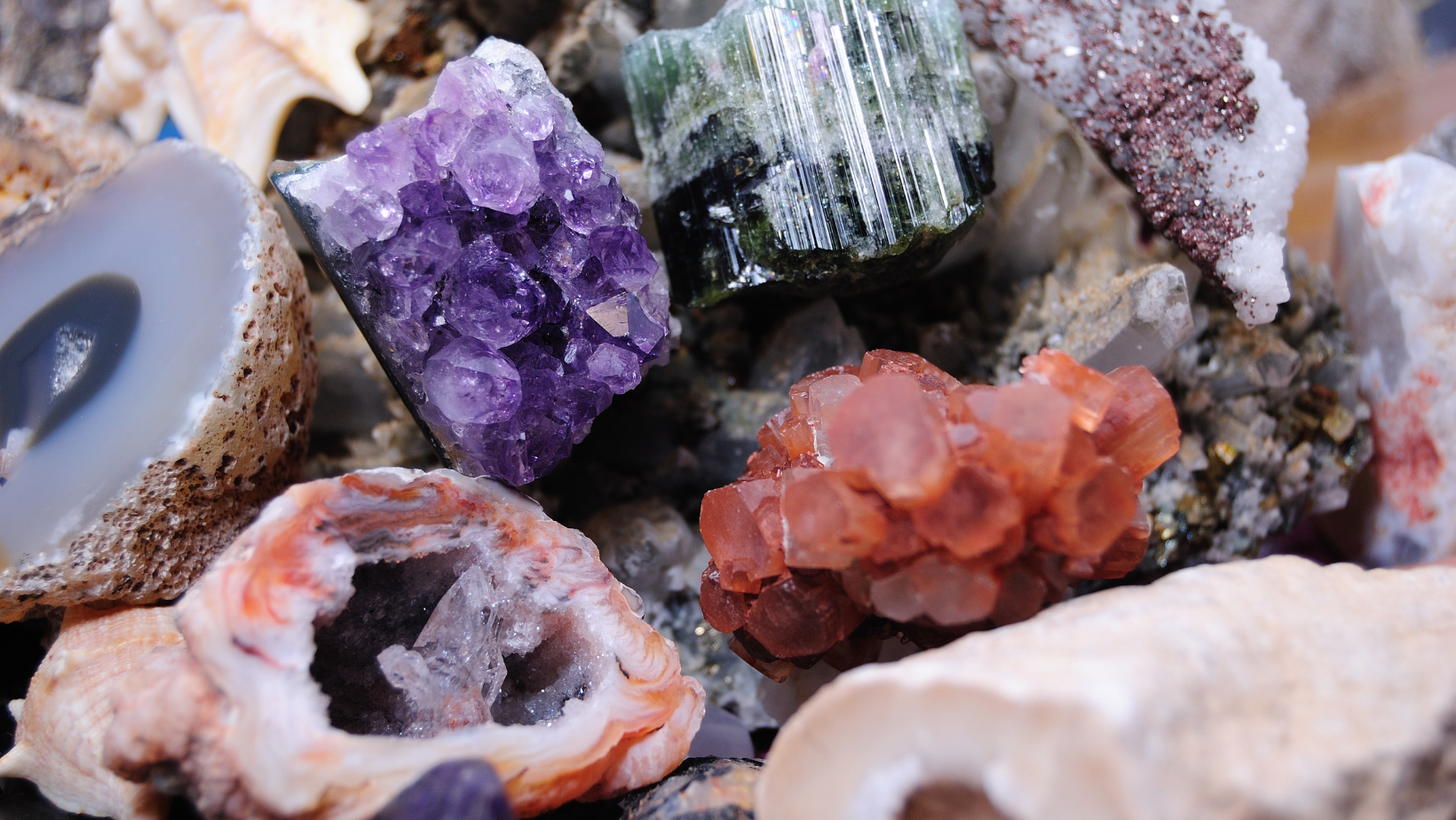Gemstones have captivated humanity for centuries with their mesmerizing beauty, but their significance goes beyond their dazzling appearance. These precious stones hold diverse meanings and symbolism in various cultures around the world. Join us on this luxurious journey as we explore the fascinating stories and traditions behind these gemstones, and discover the rich tapestry of symbolism woven into these precious jewels.
Diamonds: Eternal Love and Purity
Diamonds, the ultimate symbol of luxury, are cherished for their brilliance and durability. In many cultures, diamonds symbolize eternal love and purity. In Indian mythology, diamonds are believed to be formed from the tears of gods, making them the ultimate symbol of divine love. Similarly, in Western cultures, diamonds are often used in engagement rings to represent everlasting love.
Rubies: The Gem of Kings
Known as the “King of Gemstones,” rubies have held a special place in various cultures for centuries. In ancient Burma (modern-day Myanmar), rubies were believed to bring good fortune and protection in battle. In Hinduism, rubies symbolize the heart’s desire and passion, making them a popular choice for engagement rings.
Emeralds: A Window to the Soul
Emeralds, with their lush green hues, have long been associated with rebirth and fertility. In ancient Egypt, emeralds were thought to be a symbol of eternal life. They were often buried with pharaohs to ensure a prosperous afterlife. In South American cultures, emeralds were revered as a symbol of fertility and growth, connecting them to the natural world.
Sapphires: Wisdom and Royalty
Sapphires, with their deep blue color, have been linked to wisdom and royalty. Ancient Persians believed that the Earth rested on a giant sapphire, giving it its blue color. In medieval Europe, sapphires were thought to protect the wearer from envy and harm. Today, they are often used in engagement rings to symbolize loyalty and fidelity.
Amber: The Time Capsule Gem
Amber is not your typical gemstone, as it’s not a mineral but fossilized tree resin. However, its rich history and symbolism are worth mentioning. In ancient cultures like the Greeks, amber was believed to contain the power of the sun, making it a symbol of warmth and vitality. Amber is also known for its preservation properties, often containing prehistoric insects and plant matter, giving it a unique connection to the past.
Pearls: Elegance and Purity
Pearls, born from the depths of the ocean, have long been associated with elegance and purity. In ancient China, pearls were believed to represent wisdom and spiritual transformation. The ancient Greeks considered pearls to be the tears of the gods. In modern times, pearls are often given as gifts to symbolize purity and grace.
Turquoise: A Symbol of Protection
Turquoise, with its vibrant blue-green color, has been cherished for its protective qualities. In Native American cultures, turquoise is believed to protect against negative energies and promote spiritual well-being. It’s often used in jewelry and talismans to ward off harm and bring good fortune.
Jade: The Stone of Heaven
Jade has a deep-rooted history in Asian cultures, particularly in China. It’s considered the “Stone of Heaven” and is associated with health, longevity, and prosperity. Jade is often carved into intricate shapes and worn as amulets or jewelry to bring good luck and protection.
Conclusion
Gemstones are more than just pretty baubles; they are the storytellers of our world’s diverse cultures. As we journey through different traditions and beliefs, we see that these precious stones hold a profound significance, from representing eternal love to safeguarding against harm. So, the next time you admire a sparkling gemstone, remember that it might carry with it a centuries-old tale of love, protection, and prosperity, all tucked away in its dazzling depths.



